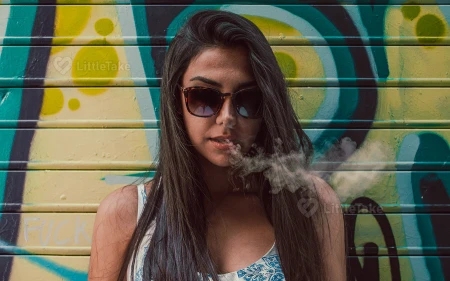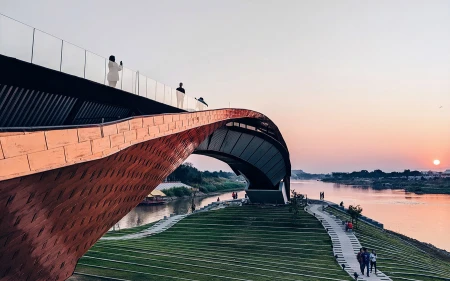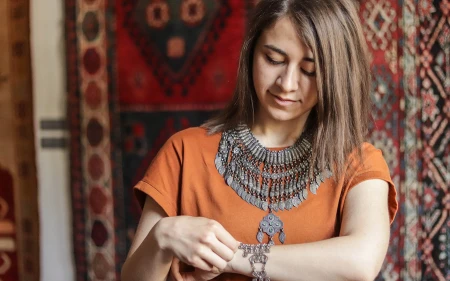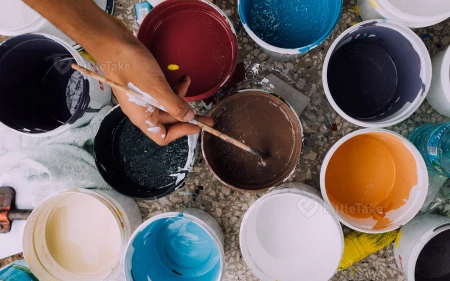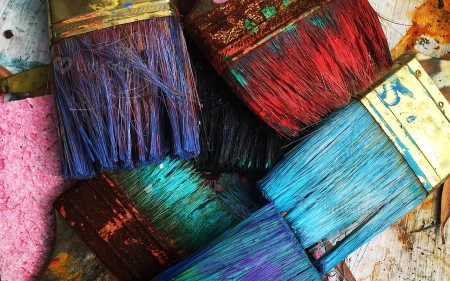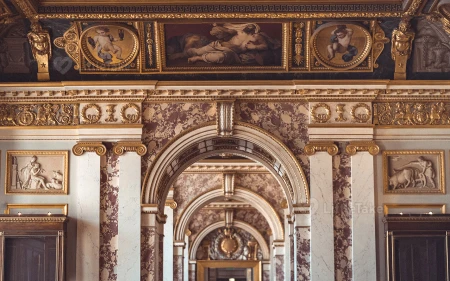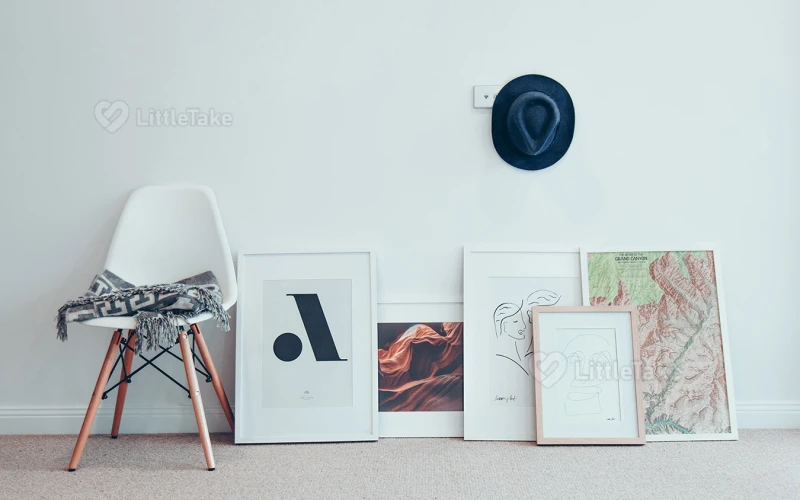
The Intersection of Art and Technology
Art and technology have always been intertwined, and as technology advances, their connection grows stronger. In this article, we'll explore the exciting intersection of art and technology and how it's shaping the creative landscape.
Digital Art and Tools
From Photoshop to 3D modeling software, digital tools have revolutionized the way artists create. These programs allow artists to work with greater precision, speed, and flexibility, opening up new possibilities for creative expression.
Interactive and Immersive Art
Technology has enabled artists to create interactive and immersive experiences, blurring the lines between art and the viewer. Virtual reality, augmented reality, and projection mapping are just a few examples of how artists are pushing the boundaries of traditional art forms.
Generative Art and Artificial Intelligence
Generative art uses algorithms and AI to create dynamic, ever-evolving works of art. Artists can program complex rules and patterns to generate unique visuals, often with surprising and unpredictable results. AI can also be used to analyze and replicate artistic styles, offering new perspectives on classic works.
3D Printing and Sculpture
3D printing has revolutionized the world of sculpture, allowing artists to create intricate, detailed, and previously impossible forms. This technology enables artists to work with a wide range of materials, from plastics to metals, and even to create entire structures.
Art and Social Media
Social media platforms have become a powerful tool for artists to showcase their work, connect with audiences, and collaborate with others. Instagram, TikTok, and other platforms have given artists a global stage, helping them reach new fans and even launch their careers.
Preserving and Restoring Art
Technology also plays a crucial role in preserving and restoring art. Advanced imaging techniques, like multispectral imaging and 3D scanning, help experts uncover hidden details and better understand the history of artworks. These tools also aid in the restoration process, ensuring that art can be enjoyed for generations to come.
Art in the Digital Age: Challenges and Opportunities
While technology offers exciting opportunities for artists, it also presents challenges. Issues like digital piracy and the value of digital art in the market are ongoing concerns. However, with innovations like blockchain and non-fungible tokens (NFTs), solutions are emerging to address these challenges and ensure artists are fairly compensated for their work.
In conclusion, the intersection of art and technology is an ever-evolving landscape, offering new opportunities for creative expression and pushing the boundaries of what is possible. As technology continues to advance, it will be exciting to see how artists embrace these innovations and use them to shape the future of art.













